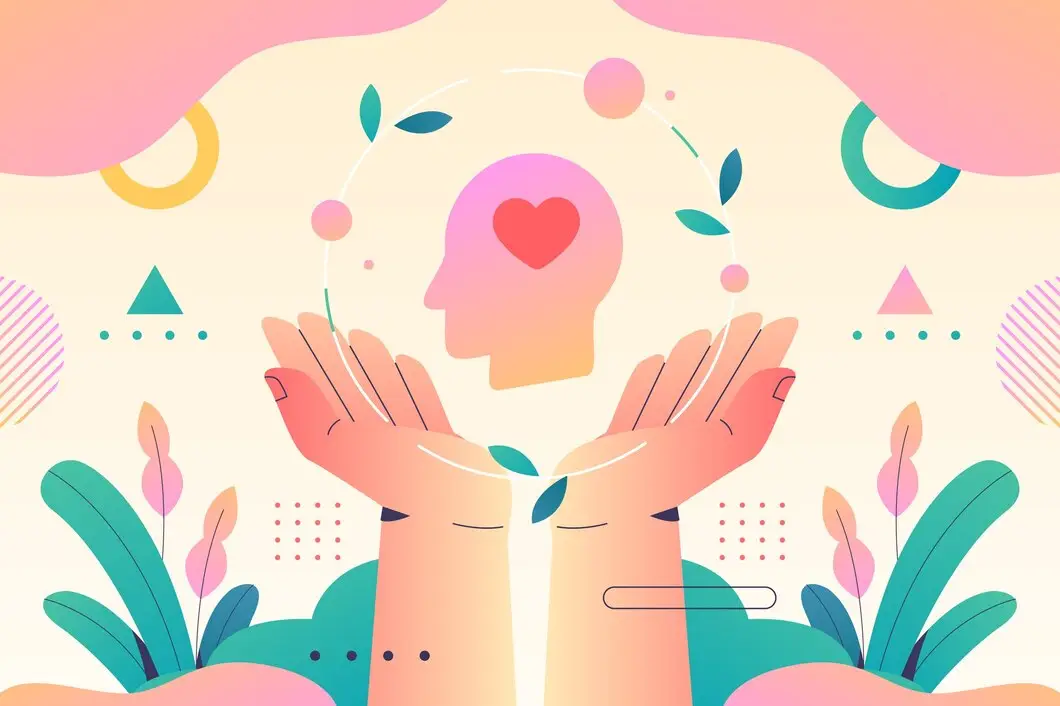Key Facts
- Prevalence: Over 70% of Indian students report experiencing academic pressure, with higher rates observed among high school and college students.
- Mental Health Impact: Academic pressure is a leading cause of stress, anxiety, depression, and even suicidal thoughts among students.
- Parental Expectations: Nearly 85% of students feel pressured by their parents to perform well academically, contributing to mental health issues.
- Competition: India’s highly competitive education system, with a focus on exams like JEE, NEET, and board exams, intensifies academic stress.
- Consequences: Chronic academic pressure can lead to burnout, poor academic performance, and longterm mental health challenges.
Overview
Academic pressure in India is a multifaceted issue that stems from societal, parental, and educational expectations. The emphasis on academic achievement as a pathway to success creates an environment where students feel immense pressure to excel. This pressure often begins at a young age and intensifies during high school and college, leading to significant stress and anxiety. In extreme cases, academic pressure can result in severe mental health issues, including depression and suicidal ideation. The competitive nature of India’s education system, coupled with limited access to mental health resources, exacerbates the problem, making it a critical concern for students, parents, and educators.
Symptoms and Patterns
Academic pressure manifests in various ways, both physically and psychologically. Common symptoms include:
- Emotional Symptoms: Feelings of overwhelm, anxiety, irritability, and low selfesteem.
- Cognitive Symptoms: Difficulty concentrating, negative thinking, perfectionism, and fear of failure.
- Physical Symptoms: Headaches, fatigue, sleep disturbances, and changes in appetite.
- Behavioral Symptoms: Procrastination, withdrawal from social activities, decreased motivation, and excessive studying or avoidance of studying.
- Patterns: In India, academic pressure often peaks during exam seasons, leading to a surge in stressrelated symptoms. This pressure can also be continuous, with students constantly striving to meet expectations in daily academic performance.
Risks and Protective Factors
Risks:
- Parental Expectations: High expectations from parents, particularly in achieving top grades or gaining admission to prestigious institutions, contribute significantly to academic pressure.
- Competitive Environment: The fierce competition among peers, especially in entrance exams for engineering, medicine, and other professional courses, heightens stress levels.
- Societal Pressure: The societal emphasis on academic success as a measure of self-worth and future security adds to the burden.
- Limited Coping Skills: Students who lack effective coping mechanisms or emotional support are at higher risk of developing mental health issues due to academic pressure.
- Lack of Mental Health Awareness: The stigma around mental health in India often prevents students from seeking help, exacerbating the effects of academic stress.
Protective Factors:
- Supportive Family Environment: Families that prioritize emotional wellbeing over academic success can buffer the effects of academic pressure.
- Effective Coping Strategies: Skills like time management, relaxation techniques, and seeking help when needed can reduce the impact of academic stress.
- Peer Support: A strong network of friends and supportive classmates can provide emotional support during stressful times.
- Mindfulness and Relaxation Practices: Techniques like yoga and meditation, which are culturally relevant in India, can help students manage stress more effectively.
Treatment and Care
Addressing academic pressure in India requires a holistic approach involving students, parents, and educators:
- Counselling Services: Schools and colleges should provide access to counsellors who can help students manage stress, develop coping strategies, and build resilience.
- Parental Education: Educating parents about the harmful effects of excessive academic pressure and encouraging them to support their children’s mental wellbeing.
- Time Management and Study Skills: Teaching students how to manage their time effectively and develop healthy study habits can reduce the burden of academic pressure.
- Mental Health Awareness Campaigns: Increasing awareness about mental health in educational institutions to reduce stigma and encourage students to seek help.
- Mindfulness and Relaxation: Incorporating mindfulness practices, yoga, and relaxation exercises into the daily routine to help students manage stress.
6. Medicines
Medication may be considered in severe cases where academic pressure leads to mental health issues like anxiety or depression. Common medications include:
- Anxiolytics: These drugs may be prescribed for shortterm relief of severe anxiety related to academic stress.
- Antidepressants: SSRIs and other antidepressants are used to treat depression and anxiety disorders that stem from chronic academic pressure.
- Sleep Aids: For students suffering from sleep disturbances due to academic stress, shortterm use of sleep aids or natural supplements like melatonin may be recommended.
- Ayurvedic Remedies: Herbal supplements like ashwagandha, known for its stressrelieving properties, are often used as a natural alternative in India.
7. Psychological and Psychosocial Interventions
Cognitive Behavioral Therapy (CBT): CBT helps students identify and change negative thought patterns related to academic pressure, fostering a healthier approach to challenges.
MindfulnessBased Stress Reduction (MBSR): This program, which includes mindfulness meditation and yoga, is effective in reducing stress and enhancing emotional regulation, making it particularly relevant in India.
Group Therapy and Peer Support: Group therapy sessions and peer support groups provide a space for students to share their experiences, reduce feelings of isolation, and learn from others facing similar challenges.
Psychoeducation: Educating students, parents, and teachers about the impact of academic pressure and promoting healthy coping mechanisms can prevent the escalation of stress.
SchoolBased Interventions: Schools can implement wellness programs, reduce the emphasis on competition, and promote a balanced approach to academics that values overall wellbeing.
Conclusion
Academic pressure is a significant issue in India’s mental health landscape, affecting millions of students across the country. The intense focus on academic achievement, driven by societal expectations and competitive pressures, can lead to severe mental health consequences. By fostering a supportive environment that prioritizes emotional wellbeing and provides access to mental health resources, India can help its students navigate academic challenges without compromising their mental health.




